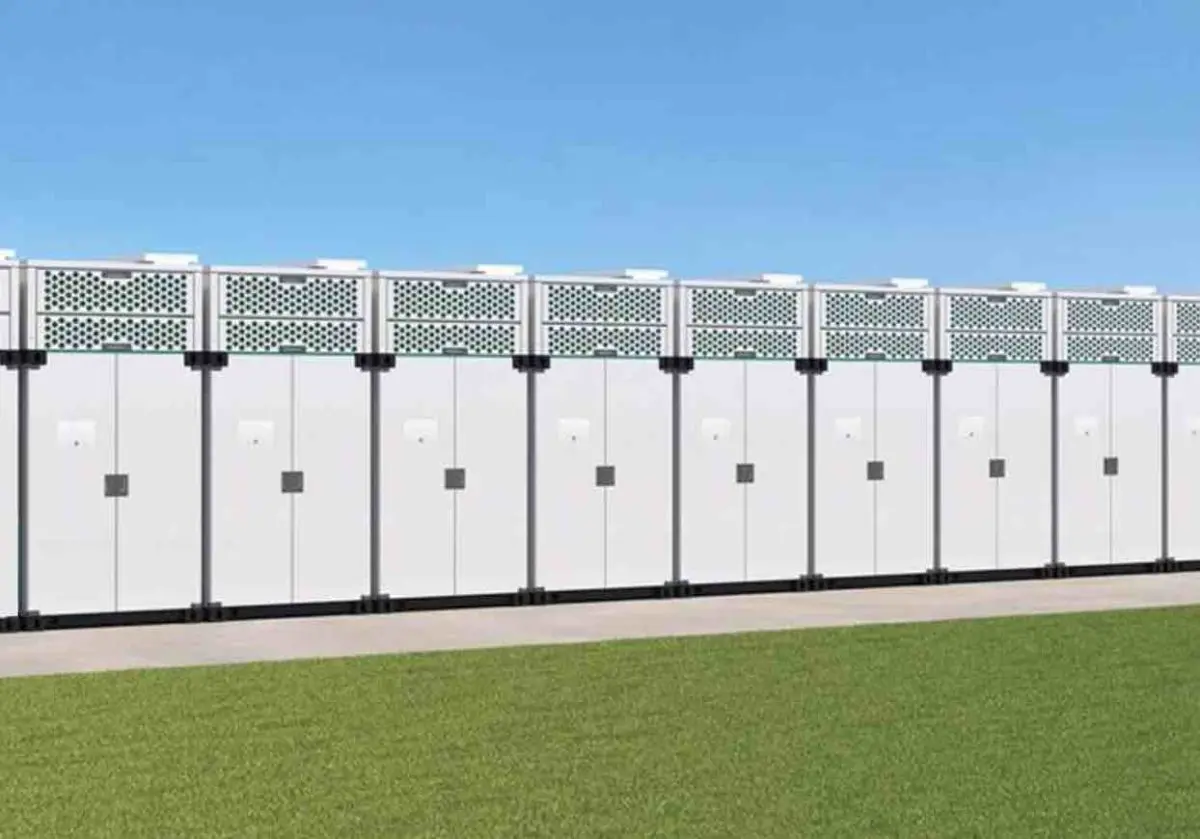Cost pressures are finally being felt in lithium-ion battery prices, which have risen for the first time since 2010 and will set back the anticipated price falls of batteries for EVs and energy storage by two years.
Prices for battery packs are up 7 per cent compared to 2021 to an average $US151 a kilowatt hour (kWh) as the impact of rising raw materials — particularly lithium — and components mean that even cheaper chemistries like lithium iron phosphate (LFP) weren’t able to defray the rise, according to BloombergNEF.
The price rise would have been even higher without widespread adoption of LFP batteries, which reduces the need for expensive cobalt in nickel-based cathodes and is about 20 per cent cheaper than lithium nickel manganese cobalt oxide (NMC) batteries.
But that heavy exposure to lithium still has a cost: LFP battery packs prices rose by 27 per cent in 2022.

BNEF expects battery pack prices to fall below $US100/kWh two years later than predicted, in 2026, as next-generation technologies, such as silicon and lithium metal anodes, solid-state electrolytes and new cathode material and cell manufacturing processes help to reduce prices.
“Scaling up supply at that rate of growth is a real challenge for the industry, but investment in the sector is also rising rapidly and technology innovation is not slowing down,” said Yayoi Sekine, head of energy storage at BNEF.
The delay in that price fall will hurt plans for cheaper mass market EVs and the economics of energy storage projects, however.
Lithium peaking, again
Battery makers have been investing heavily into Australian lithium miners and refiners as they look for secure, cheaper sources of the metal.
Big name deals include Tesla, which has supply deals with Piedmont Lithium, Liontown and Core Lithium, and GM which is investing $US69 million into refiner Queensland Pacific Metals in order to secure what it calls “cost competitive” nickel and cobalt for its EV batteries.
In November, prices for lithium spodumene, carbonate and hydroxide were up 243 per cent, 124 per cent and 152 per cent respectively, according to Macquarie, which also expects prices to peak at $US6500 per tonne in the next one to two years.
“Lithium prices remain high due to persistent supply chain constraints and the slow ramp up in new production capacity. Additional lithium supply could ease the pressure on prices in 2024, while geo-politics and trade tension remain the biggest uncertainties for other key battery metal prices in the short-term,’ said Kwasi Ampofo, head of metals and mining at BNEF.
Battery makers have been shaving costs by redesigning the packs cells are housed in.
It means cells, a proxy for the raw materials, now account for a higher proportion of the cost of a battery pack at 83 per cent of the total price, which had over the last three years been steady at 70 per cent.
EV batteries prices averaged $US138/kWh on a volume-weighted average basis in 2022 and battery packs were cheapest in China, at $US127/kWh.
But about to take a tumble
Last month Goldman Sachs said mining overcapacity and slowing electric vehicles (EV) sales would slow the lithium market and cause supply to catch up with demand. In June it predicted a price drop as large as 73 per cent, before recovering in 2024.
However, that call flies in the face of demand which is still extremely strong as it doubled in 2022 to 603 gigawatt hours, according to BNEF.
Goldman Sachs’ analysts are in company however, as last month Credit Suisse analyst Saul Kavonic also said some Chinese firms are predicting softening demand in 2023 on the back of speculation that a major Chinese cathode producer “might have slashed production targets”.
BNEF expects battery prices to remain elevated at $US152/kWh next year before dropping in 2024, once those lithium price contractions begin to wash through supply chains and more refining capacity comes online.










